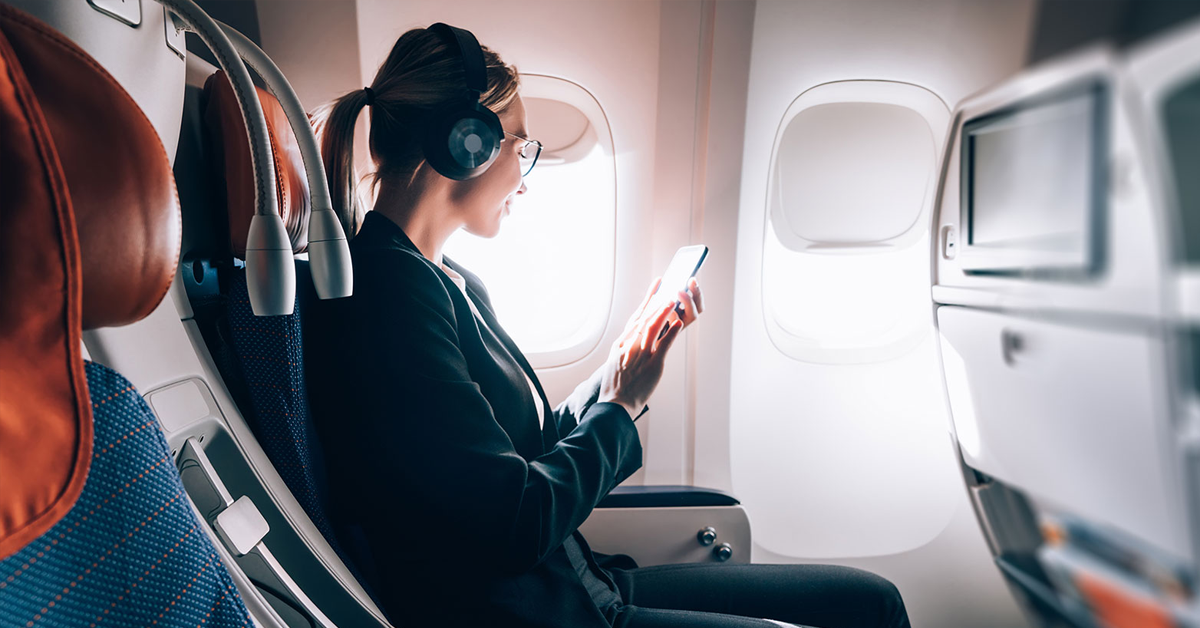In an age defined by remarkable technological progress, digital innovations have profoundly impacted various sectors, and the travel industry stands at the forefront of this transformation. This digital revolution has fundamentally altered the methods we employ to plan, book, partake in, and disseminate our travel experiences. In the following blog, we will explore how the travel industry is leveraging digital technologies to elevate customer experiences, enhance operational efficiency, and thrive in an ever-evolving environment.
1. Smart Booking Systems
One of the most significant changes brought about by digital technologies is the advent of online booking platforms. Travelers can now book flights, accommodations, and activities from the comfort of their homes or on the go through mobile apps. This convenience has significantly expanded the travel market, as it is no longer limited to traditional travel agencies. Advanced search algorithms and recommendation engines use customer data to offer personalized suggestions, making the booking process faster and more tailored to individual preferences.
2. Mobile Applications
Mobile applications have become indispensable tools for travellers. These apps provide real-time information on flight status, hotel availability, and local attractions. They also enable travellers to manage their itineraries, access e-tickets, and receive updates and notifications. Additionally, navigation and translation apps help travellers overcome language barriers and explore unfamiliar destinations with ease.
3. Augmented Reality (AR) and Virtual Reality (VR)
Augmented Reality and Virtual Reality technologies could revolutionize the travel experience. Travellers can use AR apps to enhance their understanding of historic sites or cultural landmarks by overlaying relevant information on their mobile device screens. VR, on the other hand, allows travellers to take virtual tours of destinations before they even book their trips. Hotels and airlines use these technologies to provide immersive previews of their offerings.
4. IoT and Connected Devices
The Internet of Things (IoT) has brought about the concept of the “smart hotel” or “smart travel experience.” Through IoT devices, travellers can control room settings, access services, and even check-in and check-out remotely. For example, hotels can use IoT sensors to adjust room temperatures based on guests’ preferences or offer keyless entry through mobile apps. Such innovations not only enhance customer satisfaction but also improve operational efficiency.
5. Big Data and Analytics
The travel industry has access to vast amounts of data, from customer preferences to booking patterns. Leveraging big data and analytics, travel companies can gain insights into customer behaviour and tailor their services accordingly. For instance, airlines can use data analytics to optimize routes and pricing strategies, while hotels can personalize guests’ experiences by understanding their preferences.
6. Social Media and User-Generated Content
Social media platforms like Instagram, Facebook, YouTube and X are crucial in shaping travellers’ decisions. Travelers often rely on user-generated content to discover new destinations and accommodations. Travel companies are using these platforms not only for marketing but also for engaging with customers and addressing their inquiries and concerns in real time.
7. Blockchain for Security and Transparency
Blockchain technology is being explored in the travel industry to enhance security and transparency, including identity verification, loyalty programs, and payment processing. Using blockchain, travel companies can reduce fraud, streamline payment processes, and ensure the authenticity of reviews and ratings.
8. Sustainable Travel
Digital technologies are also helping promote sustainable travel. Apps and websites provide information on eco-friendly accommodations, low-impact transportation options, and sustainable activities, encouraging travellers to make more responsible choices.
Conclusion
Incorporating digital technologies within the travel industry has heralded a fresh era characterized by convenience, tailored experiences, and heightened efficiency. Whether you’re an explorer in search of seamless adventures or a travel enterprise striving to maintain a competitive edge, the comprehension and utilization of these technologies are of paramount importance. By embracing this digital transformation, the travel industry can craft memorable, streamlined, and sustainable voyages for all, thereby influencing the future landscape of travel.
I would love to hear from you on your thoughts on this blog please write to me at https://www.linkedin.com/in/vijayverghis/
